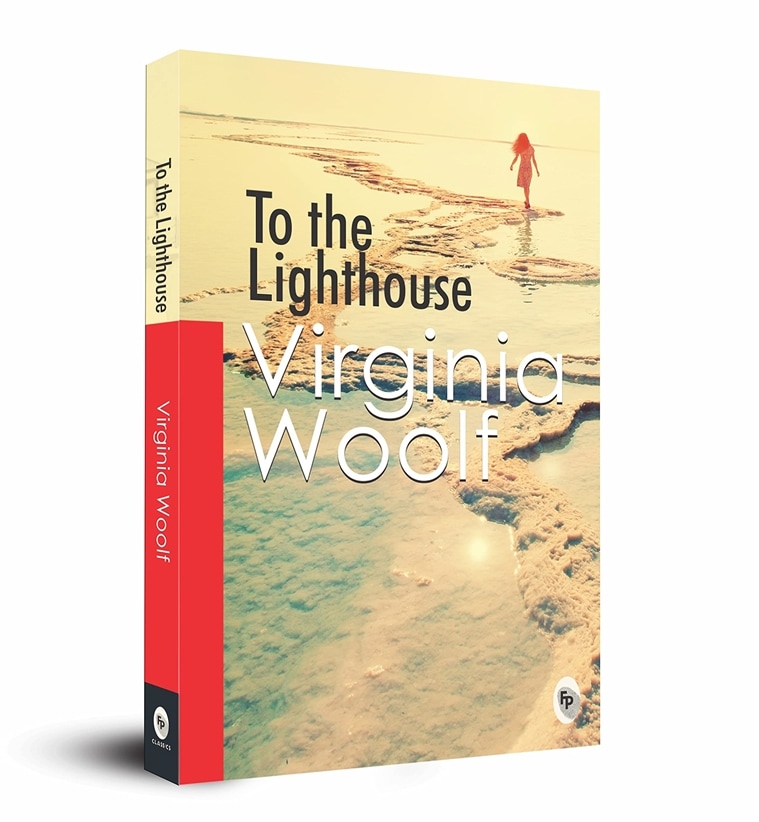‘The Case-Book of Sherlock Holmes’ enters public domain; here’s what it means
With the calendar turning to 2023, other notable works that became public domain include books such as Virginia Woolf’s 'To The Lighthouse', Ernest Hemingway’s 'Men Without Women', William Faulkner’s 'Mosquitoes' and Agatha Christie’s 'The Big Four'
 The Case-Book of Sherlock Holmes (Source: Amazon.in)
The Case-Book of Sherlock Holmes (Source: Amazon.in) Arthur Conan Doyle’s last Sherlock Holmes work, The Case-Book of Sherlock Holmes, entered the public domain in 2023 along with thousands of books, films, and musical compositions. It marked the end of the long-running contested copyright issue over Doyle’s short-story collection as the 1927 copyright expired on January 1.
With the calendar turning to 2023, other notable works that became public domain include books such as Virginia Woolf’s To The Lighthouse, Ernest Hemingway’s Men Without Women, William Faulkner’s Mosquitoes, and Agatha Christie’s The Big Four.
What happens when a work enters the public domain?
When a piece of work — books, films, music, and artworks — enters the public domain, it means no one holds the copyright over it. It can now legally be shared, performed, reused, repurposed, or sampled without any permission or cost.
These works, published in 1927, were originally supposed to be copyrighted for 75 years only. However, the 1998 Copyright Term Extension Act delayed their entering into the public domain for an additional 20 years.
“For the vast majority-probably 99%-of works from 1927, no copyright holder financially benefited from continued copyright. Yet they remained off limits, for no good reason,” Jennifer Jenkins, director of Duke’s Center for the Study of the Public Domain, wrote in ‘Public Domain Day 2023’.
 ‘To The Lighthouse’ has also entered the public domain (Source: Amazon.in)
‘To The Lighthouse’ has also entered the public domain (Source: Amazon.in)
Here are all the books that entered the public domain in 2023:
*Virginia Woolf, To the Lighthouse
*Arthur Conan Doyle, The Case-Book of Sherlock Holmes
*Willa Cather, Death Comes for the Archbishop
*Countee Cullen, Copper Sun
*A A Milne, Now We Are Six, illustrations by E H Shepard
*Thornton Wilder, The Bridge of San Luis Rey
*Ernest Hemingway, Men Without Women (a collection of short stories)
*William Faulkner, Mosquitoes
*Agatha Christie, The Big Four
*Edith Wharton, Twilight Sleep
*Herbert Asbury, The Gangs of New York (the original 1927 publication)
*Franklin W Dixon (pseudonym), The Tower Treasure (the first Hardy Boys book)
*Hermann Hesse, Der Steppenwolf (in the original German)
*Franz Kafka, Amerika (in the original German)
*Marcel Proust, Le Temps retrouvé (the final installment of In Search of Lost Time, in the original French)
“When works go into the public domain, they can legally be shared, without permission or fee. Community theatres can screen the films. Youth orchestras can perform the music publicly, without paying licensing fees. Online repositories such as the Internet Archive, HathiTrust, Google Books, and the New York Public Library can make works fully available online. This helps enable access to cultural materials that might otherwise be lost to history,” Duke University noted, adding that the vast majority of works from 1927 are out of circulation so when they enter the public domain in 2023, anyone can rescue them from obscurity and make them available, where “we can all discover, enjoy, and breathe new life into them”.
Calling the public domain a “wellspring for creativity”, it added that the point of copyright is to promote creativity, and the public domain plays a central role in doing so. “Copyright law gives authors important rights that encourage creativity and distribution—this is a very good thing. But it also ensures that those rights last for a ‘limited time,’ so that when they expire, works go into the public domain, where future authors can legally build on the past—reimagining the books, making them into films, adapting the songs and movies. That’s a good thing too!”
📣 For more lifestyle news, follow us on Instagram | Twitter | Facebook and don’t miss out on the latest updates!
- 01
- 02
- 03
- 04
- 05































